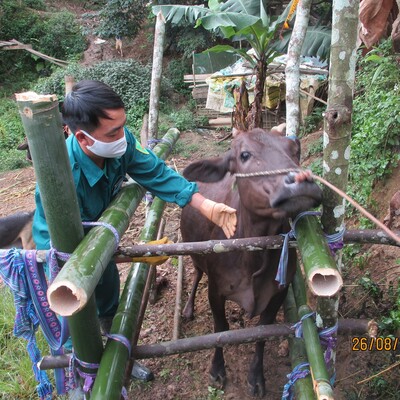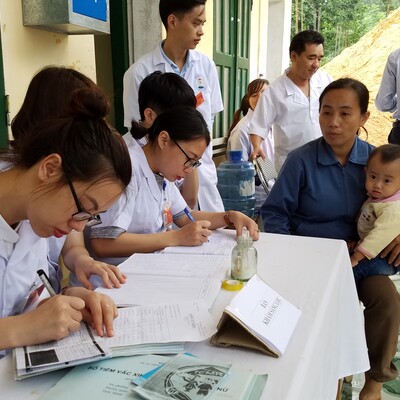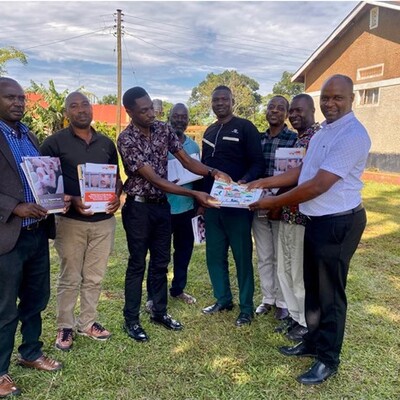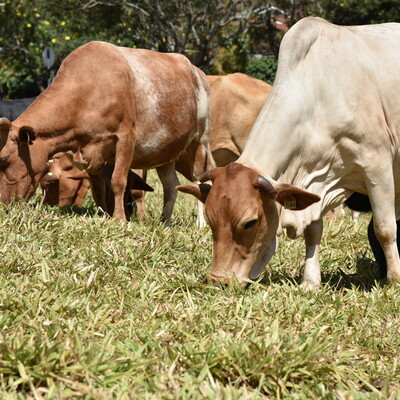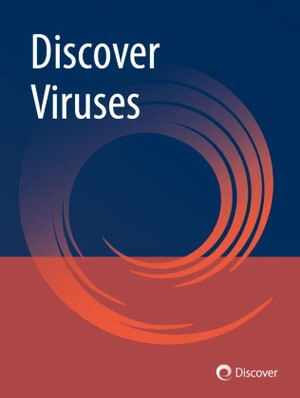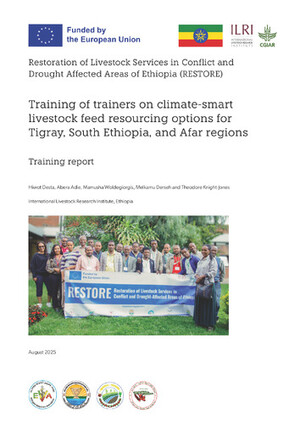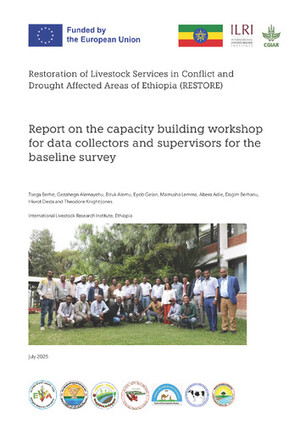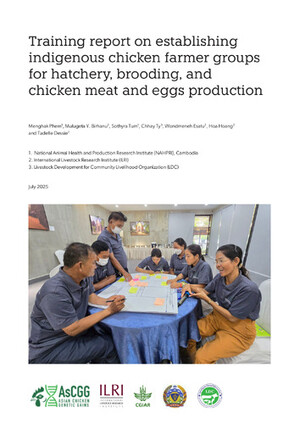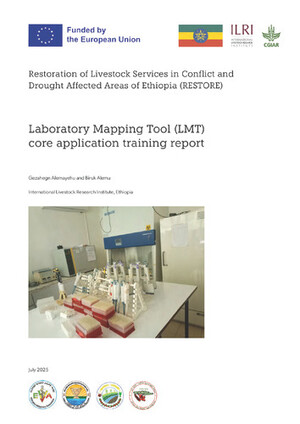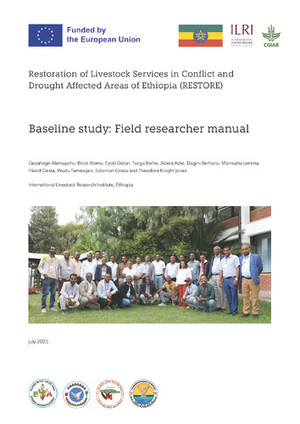
CapDev Grand Challenge boosts capacity of next-generation livestock researchers to influence decision makers
The International Livestock Research Institute (ILRI) started the CapDev Grand Challenge process to strengthen its capacity development support to individuals, national institutions and partners working in research and development in the livestock sector in West, Eastern and Southern Africa, as well as East, Southeast and South Asia.
Launched in 2019, the process aims to equip next-generation livestock researchers and livestock sector professionals with the leadership and interpersonal skills needed to be effective leaders and science communicators in the agriculture research landscape.
Those registered to join the challenge take part in a 10-month long capacity strengthening process as ILRI fellows. By the end of the process, the fellows are expected to become better in:
- writing their science well,
- pitching their research and ideas in a compelling way,
- communicating their research to policymakers, decision makers and funders effectively and confidently,
- preparing and making effective presentations,
- working with, and managing, teams and engaging effectively with people from disciplines different from their own, and
- complying with ethics in research and the workplace.
The capacity strengthening process has two parts. It begins with a pitching contest, where those selected each make a three-minute pitch of their research project to a panel of judges comprised of a donor, communications expert/journalist, policy development expert and a researcher. The judges select and award the 15 to 20 fellows with the most successful pitches. The overall winner receives a trophy, certificate and cash prize. The winners in other categories get certificates and cash prizes. Within the 10 months, each category winner is entitled to attend an international conference of their choice or one recommended by ILRI.
After the pitching contest, all fellows undergo a two-days hands-on training on project impact pathways, including how to work in and with teams. This training helps them start to think and work together as a multidisciplinary and cross-disciplinary group.
In the second part, the selected fellows are trained on soft skills and given mentorship talks by renowned personalities from diverse fields and regions across the globe. The soft skills training and mentoring aim at strengthening their capabilities for systems thinking, stakeholder engagement, effective team building, partnership building and management, ethics and personal development. This second part of the process is open to all ILRI fellows, interns and staff.
Since its inception, the ILRI CapDev Grand Challenge has trained and mentored more than 300 young researchers from more than 50 national institutions that are ILRI’s partners.
Testimonials from some of the ILRI fellows who took part in the CapDev Grand Challenge process in 2019

Laura Cramer
science officer, Flagship on Policies and Priorities for Climate-Smart Agriculture (CSA) in the CGIAR Research Program on Climate Change, Agriculture and Food Security (CCAFS).
I have become more interested in how science is communicated and the best ways to share research evidence with decision makers to influence their use of that information.

Zelalem Lemma
PhD candidate, University of New England (UNE), Australia
The process has been instrumental in developing my capacity to communicate and build my research skills. This has helped me to establish networks to build on my post-PhD career. I am looking for ways to continue working with this process and ILRI to contribute to the development of smallholder livestock systems.

Irene Bayiyana
research officer/ agricultural economist, the National Agricultural Research Organization (NARO), Kenya.
The CapDev Grand Challenge is important because it helps to improve the soft skills of graduate researchers by providing a platform to strengthen scientific communication. What excites me about the challenge how it has helped me in translating research to reach diverse audiences

Mercy Fakude
MSc student in Climate Change, Agriculture, and Food Security, National University of Ireland Galway (NUIG)
I have just won the US Fulbright PhD scholarship and I believe that my training as a fellow played a significant role in me winning the scholarship. The CapDev Grand Challenge taught me to be as concise and clear as possible when presenting my proposal and research objectives. That is the skill I used in my scholarship interview!





